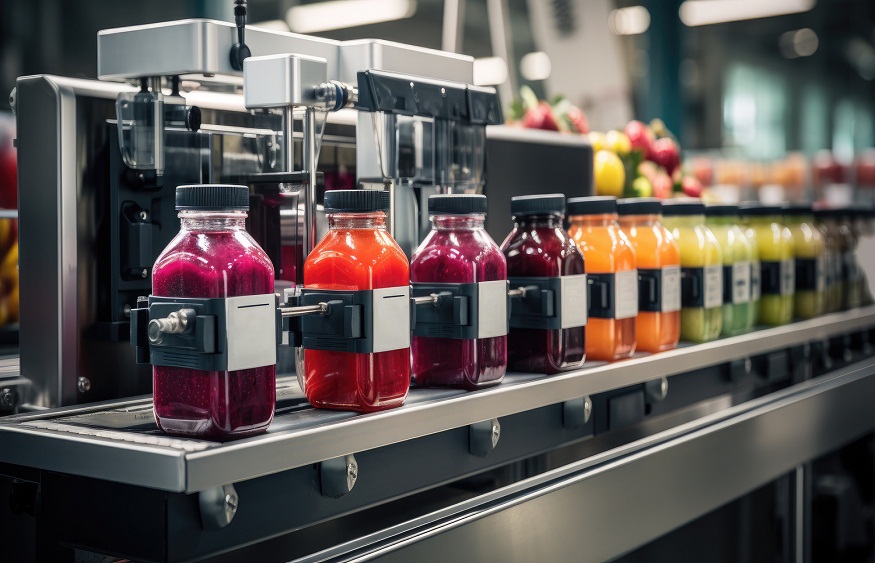
Single-use plastics, such as plastic bags, straws, cups, utensils, and food containers, have become deeply embedded in our daily lives because of their low cost and convenience. Nevertheless, these plastics often end up as waste in landfills and oceans, taking hundreds of years to decompose. There is growing awareness of the environmental impact of single-use plastics, leading to efforts to limit their use.
Reusable Bags
Plastic shopping bags are among the most ubiquitous single-use plastics. An easy alternative is reusable shopping bags made of natural fibers like canvas or cotton. These bags fold up small so you can keep them handy for frequent shopping trips. Many grocery stores now sell affordable reusable bags at checkout. With a little habit change, reusable bags can prevent thousands of single-use plastic bags over their lifespan. Some jurisdictions have banned or taxed single-use plastic shopping bags to nudge consumers towards reusables.
Reusable Drinkware
Disposable plastic cups, bottles, and utensils for beverages on the go also generate lots of waste. Carrying a reusable water bottle, mug, and cutlery set can cut down on tossing these single-use items. According to the people over at Epsilyte, popular reusable options are stainless steel, glass, and BPA-free plastic. Styrofoam manufacturers have responded to concerns around Styrofoam cup waste by developing reusable cups. Certain coffee shops offer small discounts when customers bring reusable cups. Reusable cutlery sets that fold or collapse make it convenient to have utensils on hand.
Food Containers
Plastic takeout containers, cup lids, straws, and utensils from restaurants and fast-food joints contribute to plastic waste as well. Bringing reusable food containers, cups, and utensils when taking out food or ordering delivery allows you to avoid their disposable counterparts. Glass or stainless-steel containers with tight lids keep food fresh while reducing waste. Silicone lids can often seal various container types.
Compostable Alternatives
For times when reusables are not an option, several brands now offer single-use cups, straws, bags, and utensils made from renewable materials that can biodegrade through industrial composting. These products are typically made from paper, bamboo, wheat stalks, corn husks, and even dried grass. Availability of compostable alternatives depends on nearby municipal composting facilities. Confirm whether your area offers compost pickup before choosing these options.
Legislation Around Single-Use Plastics
Growing awareness of the environmental impact of plastic pollution has led some governments to pass legislation restricting or banning certain single-use plastic items. In November 2023, 175 countries agreed to enact controls on single-use plastics by 2024. These range from outright bans on various single-use items to progressive phase-outs combined with consumer education programs. The state of California enacted one of the most comprehensive statewide regulations on single-use plastics in the U.S. in 2022. Experts say national level policies will be key to enabling large-scale system change away from single-use plastics across sectors.
Overcoming Barriers to Adopting Alternatives
Transitioning from entrenched single-use plastic habits does present some real and perceived barriers at personal and industrial levels. Alternatives might have higher upfront costs, and remembering reusables requires habit change. Standardized infrastructure for reusables in public spaces is still developing. Industry objections claim alternatives present food safety concerns and higher operating costs. Targeted incentives and robust education programs can help speed up the adoption of sustainable alternatives. Overall momentum continues to build for reduced reliance on widely dispersed single-use plastics.
Conclusion
Single-use plastics provide valued functionality, but an honest reckoning of their full societal costs is overdue. Thankfully, viable alternatives for many common single-use plastic items continue gaining ground. Through smart regulation, industry innovation and consumer action, socially responsible transitions beyond single-use plastics can intensify. The solutions outlined here represent early strides on a long path ahead to stem plastic waste and pollution.

